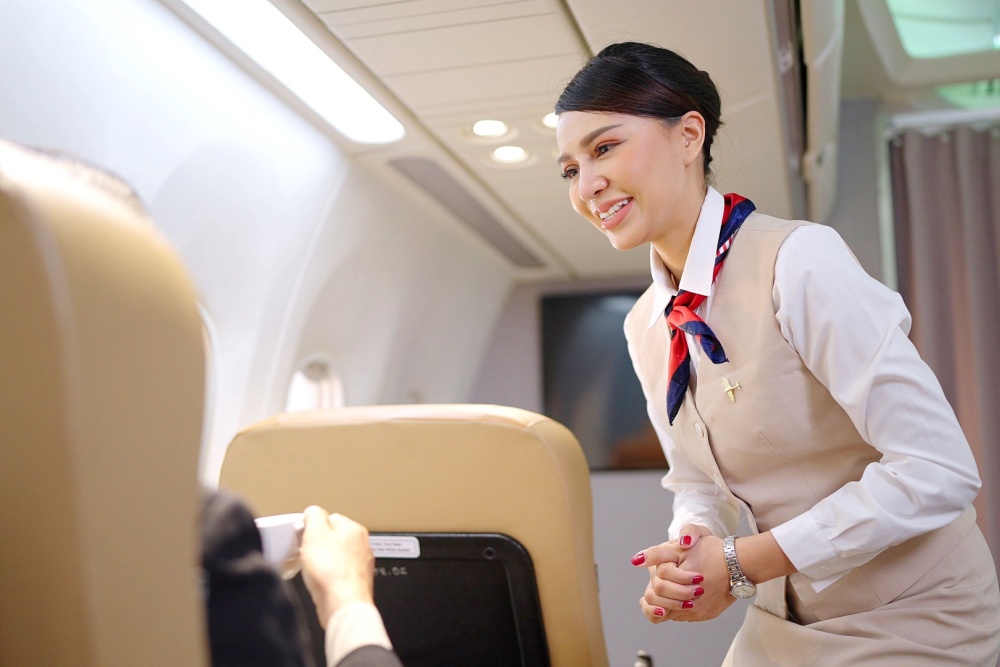Becoming a cabin crew member is a dream for many, but aspiring cabin crew challenges often hold candidates back from applying. The thrill of flying, visiting new countries, and meeting people from diverse cultures is exciting—but for many, hesitation, fear, and practical concerns create roadblocks. In this article, we’ll explore the most common barriers and how you can break through them to start your dream career.
Fear of Rejection
One of the most common aspiring cabin crew challenges is fear of rejection. Cabin crew recruitment is competitive. Candidates often feel intimidated by strict standards, tough interview panels, and the high number of applicants.
How to Overcome:
-
Prepare thoroughly by researching the airline’s recruitment process.
-
Practice mock interviews and video introductions.
-
Build a strong CV tailored to the role.
-
Focus on self-improvement instead of fearing failure.
Lack of Confidence

Another common barrier among aspiring flight attendants is low self-confidence. Many worry that they don’t have the right appearance, voice, or personality to pass interviews or meet airline standards.
How to Overcome:
-
Identify your personal strengths—such as language skills or customer service experience.
-
Join workshops or take short online courses on communication and hospitality.
-
Surround yourself with a support network of people who encourage you.
Financial Concerns
Money matters. Some applicants can’t afford travel costs, professional photos, or even clothes for interviews. Cabin crew training courses, if not sponsored by an airline, can also be expensive.
How to Overcome:
-
Create a budget and start saving early.
-
Look for airlines that offer free training or accommodation.
-
Consider part-time jobs or freelance work to support your goals.
Misconceptions About the Job
Some people mistakenly believe being cabin crew is only about serving food and smiling. They underestimate the safety responsibilities and emergency training required.
How to Overcome:
-
Do in-depth research on the role. Read airline manuals or watch cabin crew vlogs.
-
Understand that your job involves medical emergencies, security awareness, and evacuation training.
Adapting to Lifestyle Changes
The cabin crew lifestyle requires flexibility—irregular hours, frequent travel, and long time away from home. These factors can make people hesitate.
How to Overcome:
-
Talk to current or former crew members to understand the reality of the lifestyle.
-
Be open to adapting your social and family routines.
-
Use your layovers as opportunities to grow personally and professionally.
Physical and Medical Requirements
Some airlines require minimum height, vision standards, or general physical health. This can discourage candidates who aren’t sure they’ll qualify.
How to Overcome:
-
Check specific airline requirements before applying.
-
Book a check-up to evaluate your health if you’re concerned.
-
Focus on what you can control—like grooming, fitness, and posture.
Language Proficiency
Since English is the primary language in aviation, lack of fluency can be another major challenge. Some roles also require a second or third language.
How to Overcome:
-
Enroll in English courses for aviation or hospitality.
-
Use free apps like Duolingo, or YouTube videos to improve speaking and listening skills.
-
Practice speaking aloud every day—even simple phrases count!
Overcoming Aspiring Cabin Crew Challenges: Final Thoughts
Many aspiring cabin crew challenges are internal—based on fear, misconceptions, or lack of support. But these obstacles are completely conquerable with the right mindset and preparation.
Remember:
-
Rejection is a learning step, not a dead end.
-
Confidence grows when you take action.
-
Every cabin crew member started as a beginner.

